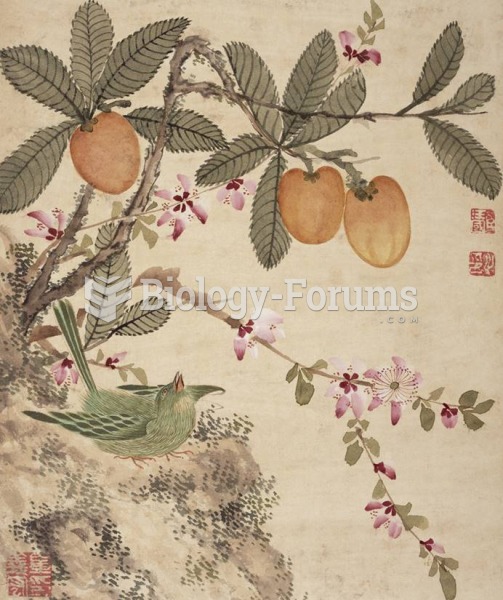|
|
|
Earwax has antimicrobial properties that reduce the viability of bacteria and fungus in the human ear.
About 80% of major fungal systemic infections are due to Candida albicans. Another form, Candida peritonitis, occurs most often in postoperative patients. A rare disease, Candida meningitis, may follow leukemia, kidney transplant, other immunosuppressed factors, or when suffering from Candida septicemia.
In women, pharmacodynamic differences include increased sensitivity to (and increased effectiveness of) beta-blockers, opioids, selective serotonin reuptake inhibitors, and typical antipsychotics.
The horizontal fraction bar was introduced by the Arabs.
Urine turns bright yellow if larger than normal amounts of certain substances are consumed; one of these substances is asparagus.







